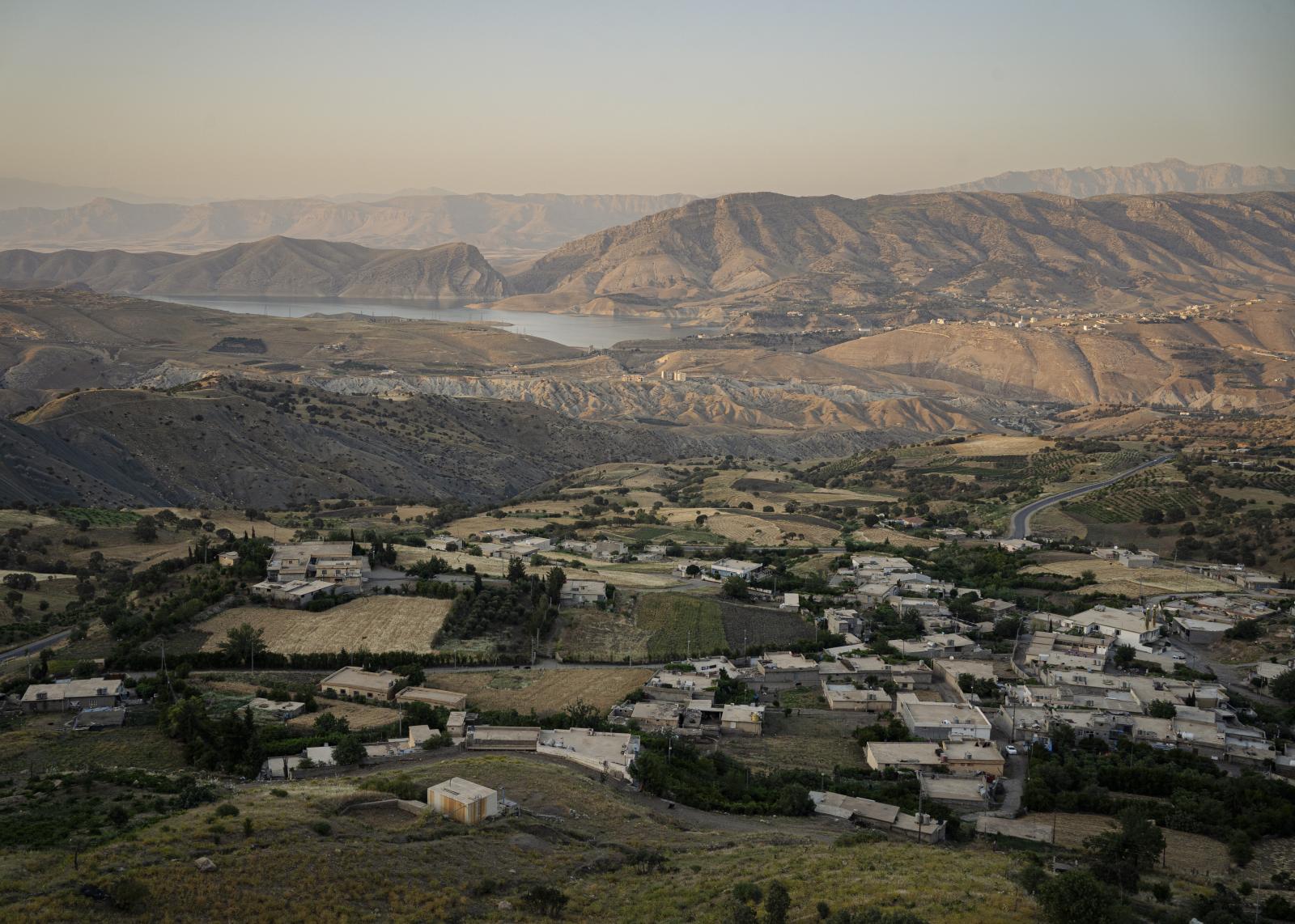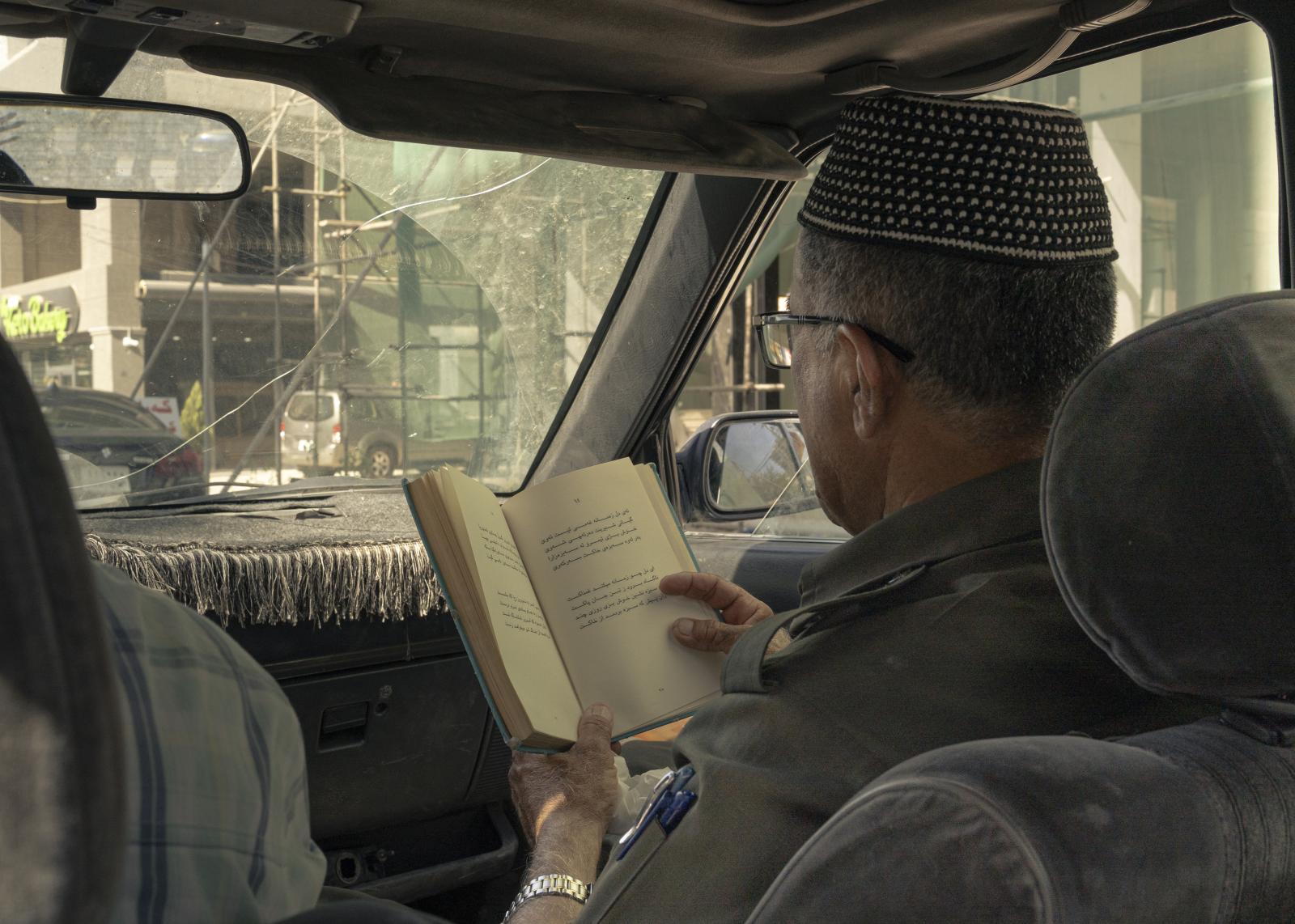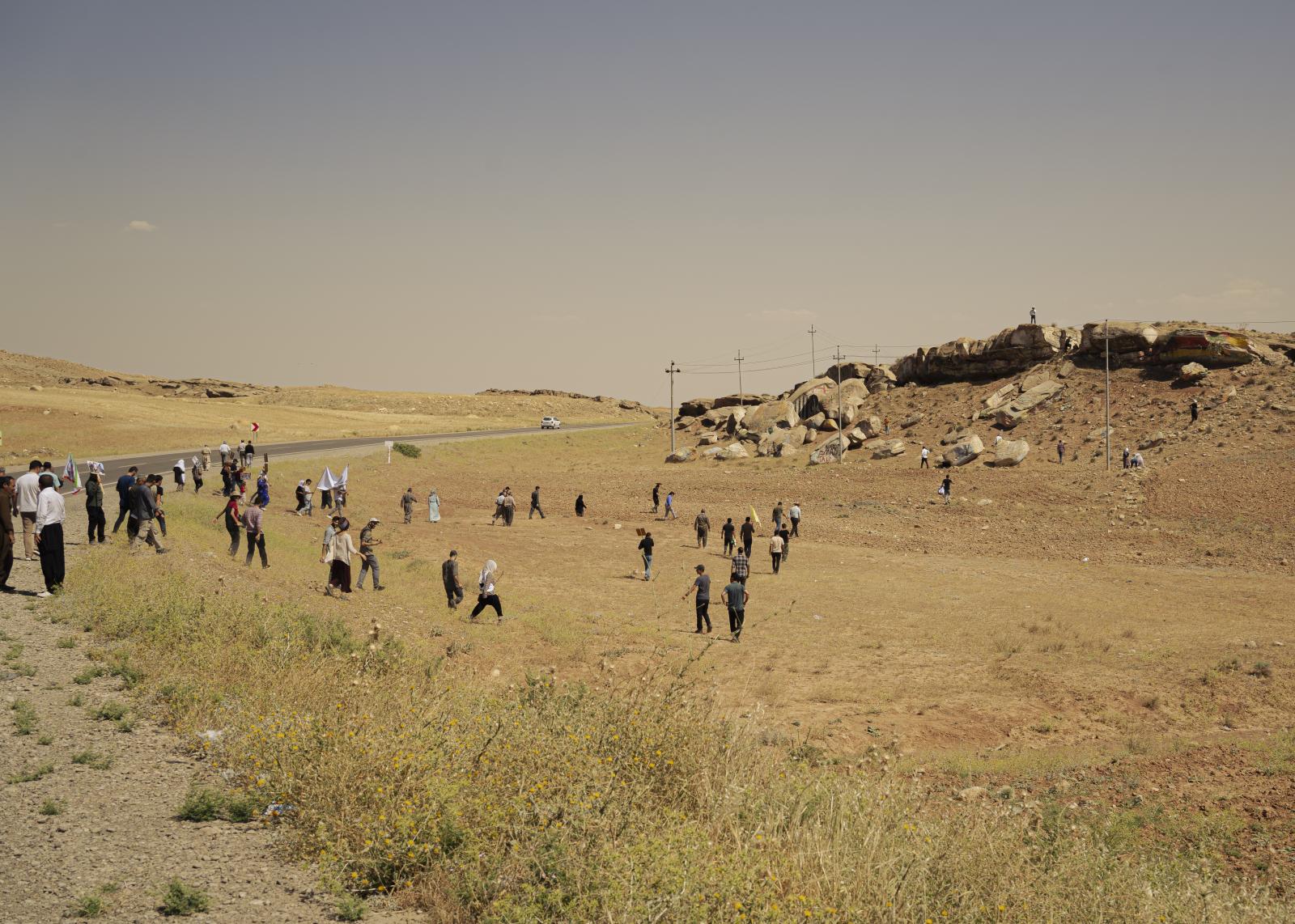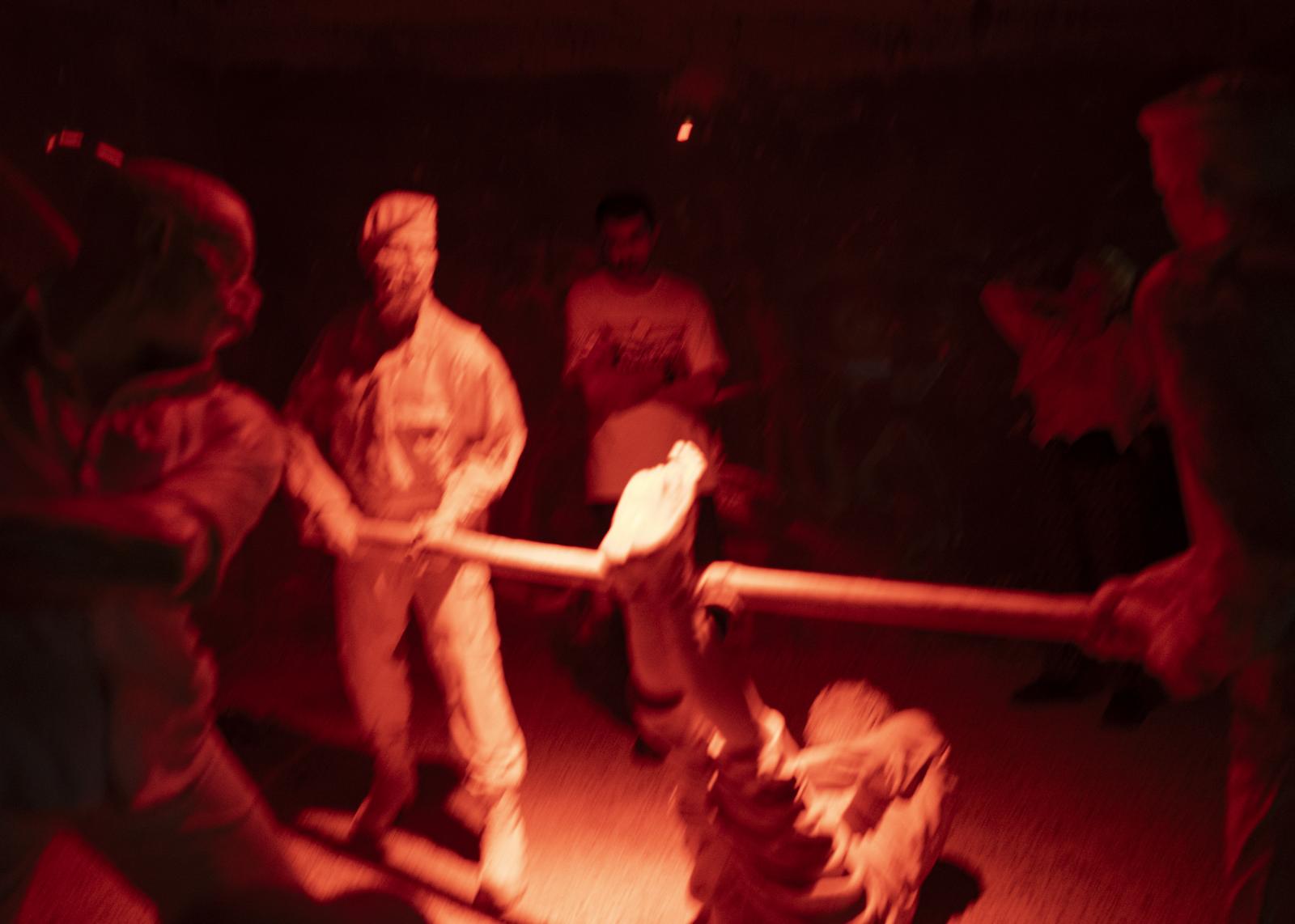Public Project
Photo essay: On the road in southern Kurdistan.
Summary
In the shadow of the war in Ukraine, NATO member Turkey attacks Kurdish areas in northern Iraq in May 2022.
An insight into the region.
Photo essay: On the road in southern Kurdistan.
For Tagebuch→ The story
In the shadow of the war in Ukraine, NATO member Turkey attacks Kurdish areas in northern Iraq in May 2022.
An insight into the region.
The Kurdish people have been persecuted, hunted and murdered throughout history. What has always served as a glimmer of hope in dark times is the dream that the Kurdish people have the freedom to live their culture, speak their language and build a community according to their ideals. In small regions of the Middle East, the Kurdish movement has succeeded in achieving this. One of these regions is South Kurdistan, located in northern Iraq. The autonomous region of Kurdistan has its own government and a standing corps, the Peshmerga. However, the Kurds are not always united among themselves either.
Within the autonomous region of Kurdistan lies the politically independent Kandil Mountains, known as the retreat of the Kurdish Workers' Party (PKK), which is considered a terrorist organization by many Western states. The area, which covers around 50 square kilometers, is organized according to the principles of democratic confederalism - a concept by Abdullah Öcalan, which is also the guiding political concept in the northern Syrian areas of Rojava. Turkey has repeatedly attacked the region militarily since 1992. Officially, the Turkish military targets PKK locations. However, the attacks also regularly result in civilian casualties. Local activists say that the dominant Kurdish parties here, the Kurdistan Democratic Party (PDK) and the Patriotic Union of Kurdistan (PUK), are collaborating with the Turkish state. This is why Kurdish youths organize protests on the ground time and again.
6,523

















